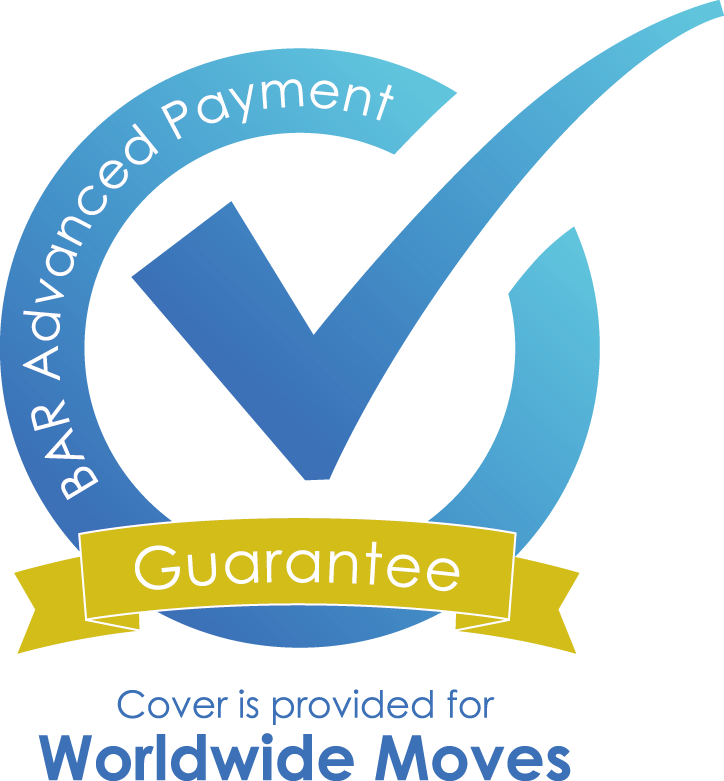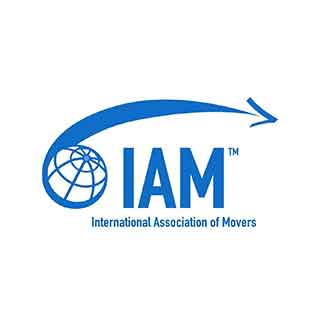Latest news from Eurogroup
Moving to the Netherlands from the UK: How to get there in a post-Brexit world
13th October 2023

Are you considering moving from the UK to the Netherlands? This blog is the second part of our series on moving to Europe in a post-Brexit landscape. Use this as your guide to navigating the logistics of your transition. We’ve got you covered, from visas and driver’s licences to healthcare insurance and property ownership. In the wake of Brexit, there have been some regulatory changes to various aspects of moving from the UK to Europe . Keep reading as we walk you through the essential information you need to know before starting your journey.
Visas
As a UK citizen, you will no longer have the automatic right to live and work in the Netherlands. You must apply for a residence permit, which could vary depending on your circumstances. All visas can be applied for at a Dutch Embassy in your home country. The following visas are the most commonly applied for when moving to The Netherlands:
Work Visas
For those with a job offer in the Netherlands, the Highly Skilled Migrant Permit (or “Kennismigrant” permit) offers a streamlined path to residency. To qualify, you need a job that meets income requirements and a sponsoring employer recognised by the Dutch Immigration and Naturalisation Service (IND). The permit’s income thresholds vary based on age and job type, and your employment contract should adhere to Dutch labour laws. This permit provides quicker approval and a pathway to long-term residency in the Netherlands, making it an attractive option for skilled professionals seeking to work and settle there. Collaborating closely with your employer is crucial to ensuring a successful application.
Another significant advantage of the Highly Skilled Migrant Permit is its access to the EU Blue Card system within the Netherlands. The EU Blue Card is a prestigious work and residence permit that allows you to live and work in the Netherlands and opens doors to employment opportunities in other EU member states. This means that with the Highly Skilled Migrant Permit in the Netherlands, you gain the potential to work in various European countries, broadening your career prospects and international experience. We offer services in both Employee Relocations and Full Office Removals.
Intra-Corporate Transferee Permit
ICT permits, or Intra-Corporate Transferee permits, facilitate the temporary relocation of employees from non-European Union (EU) countries to Dutch branches or subsidiaries of their multinational employers. These permits come in two main categories: short-term assignments, allowing stays of up to 90 days within a 180-day period, and long-term assignments, spanning more than 90 days and up to a maximum of three years, with the possibility of extension.
Eligibility criteria include a valid employment contract with the company, a specified period of employment with the company, and both the sending and receiving companies belonging to the same multinational group. The application process is typically initiated by the Dutch host company on behalf of the employee, with the required documentation. Family members of ICT permit holders can also apply for residence permits. While on an ICT permit, employees are expected to work exclusively for the Dutch host company, with potential salary and qualification requirements. The EU ICT Directive ensures uniform rules for ICT permits across EU member states, and when the assignment concludes, employees are generally required to return to their home country. For the latest, specific information, it’s advisable to consult the Dutch Immigration or the Dutch embassy.
Other Visas
If you have family members who are EU/EEA citizens or already have a residence permit in the Netherlands, you may be eligible for a Family Reunification Visa. Additionally, If you plan to study in the Netherlands, you will need a student visa/residence permit.
If you don’t fall into any of the previously mentioned categories, you can apply for a Residence Permit, which allows you to live in The Netherlands.
For either of these visas, it’s advisable to closely follow the guidelines provided by the Dutch Immigration and Naturalisation Service (IND) or the educational institution itself to ensure a smooth and successful application process.
Healthcare
Understanding how the Dutch healthcare system works and complying with its requirements is essential. As a UK Citizen moving to the Netherlands, you will need to get some kind of health insurance. Brexit has meant that certain types of previous coverage as an EU citizen are no longer valid, so you must find an alternative.
Health Insurance Requirement
UK citizens who are residents of the Netherlands are required to have Dutch health insurance. This is mandatory and ensures access to healthcare services in the country. The Dutch healthcare system is based on a private insurance model, and you can choose from various insurance providers and plans.
European Health Insurance Card (EHIC)
The EHIC, which used to provide UK citizens access to necessary healthcare services when travelling in the EU, is no longer valid for UK citizens. Instead, the UK has introduced a new UK Global Health Insurance Card (GHIC), which provides some healthcare coverage in the EU, including the Netherlands, but may only cover some costs.
S1 Form
If you receive a UK state pension or long-term incapacity benefit and live in the Netherlands, you may be eligible for an S1 form. This form helps cover your healthcare costs in the Netherlands. You should contact the UK’s International Pension Centre for more information.
Emergency Care
Emergency care in the Netherlands is provided to everyone, regardless of nationality or insurance status. You can go to the nearest hospital for immediate treatment in a medical emergency.
Property Ownership
Since Brexit, property ownership rules for UK residents in the Netherlands have mostly stayed the same. However, there are some considerations and implications to be aware of when it comes to owning property in the Netherlands as a non-EU resident (which now includes UK citizens). Here are some key points:
Real Estate Transactions
Buying property in the Netherlands remains open to non-EU residents, including UK citizens. You can still purchase residential or commercial property.
Residential and Commercial Property
You can buy both residential and commercial properties in the Netherlands as a UK resident. However, specific regulations and tax implications may apply differently to each property type.
Property Taxes
Property taxes in the Netherlands may vary based on the type of property and its location. Understanding the local property tax rules and rates is essential, as they can affect your overall property ownership costs.
Driving
Since Brexit, the process of getting a driver’s licence in the Netherlands for UK citizens has changed. You can still ship your car from the UK to the Netherlands, but it is important to understand all the criteria before doing so.
Driving Licence Exchange
Previously, UK citizens could exchange their UK driving licences for Dutch driving licences without taking a driving test. Now, you must take both a theory and practical test in order to exchange your UK licence for a Dutch one. Your exchanged licence remains valid if you already exchanged your UK licence for a Dutch one before Brexit.
UK Driving Licence Validity
If you have a UK driving licence and plan to live in the Netherlands, you can continue to use it for up to 15 years from the date of issue or until your 70th birthday, whichever comes first. After that, you may need to exchange it for a Dutch driving licence.
Exchanging Non-EU Licences
If you have a driving licence from a non-EU country, including the UK, and it is not eligible for direct exchange, you may need to take a Dutch driving test to obtain a Dutch licence. The specific tests required depend on your current licence and the Dutch regulations at the time.
As a UK citizen residing in the Netherlands with a valid residence permit, you may need proof of your legal residence when applying for or renewing a Dutch driving licence. If you need to take a theory or practical test in the Netherlands, be prepared for tests in Dutch. You may also need to take theory and practical tests, even with a valid UK driving licence. Check with local driving schools for specific requirements and options.
Ready to make your move?
If you’re ready to move to the Netherlands, don’t hesitate to contact a member of our team today. We are available to discuss services such as European Removals, Vehicle Shipping, Employee Relocations and complete Office Removals to make your transition as smooth as possible.





